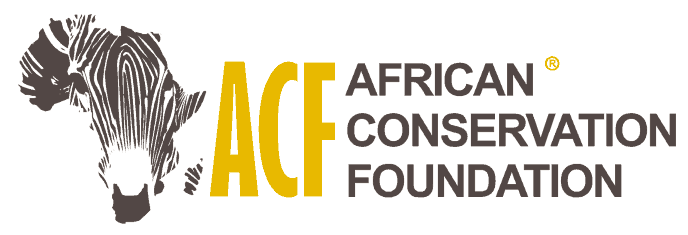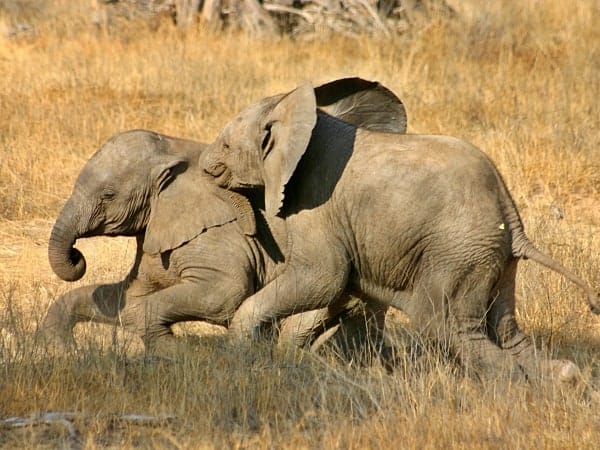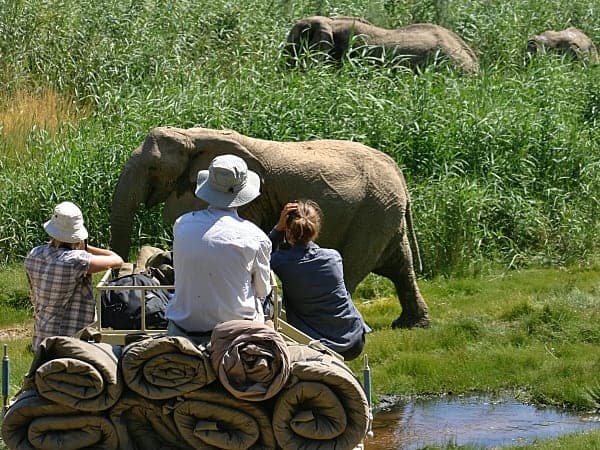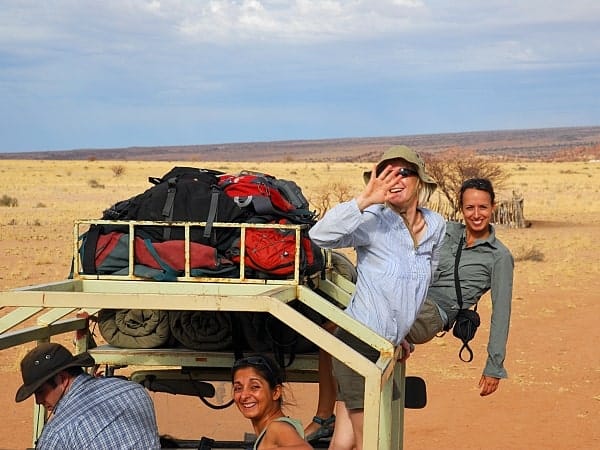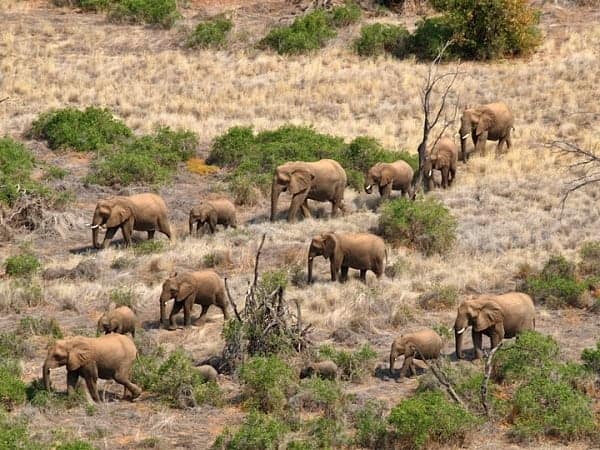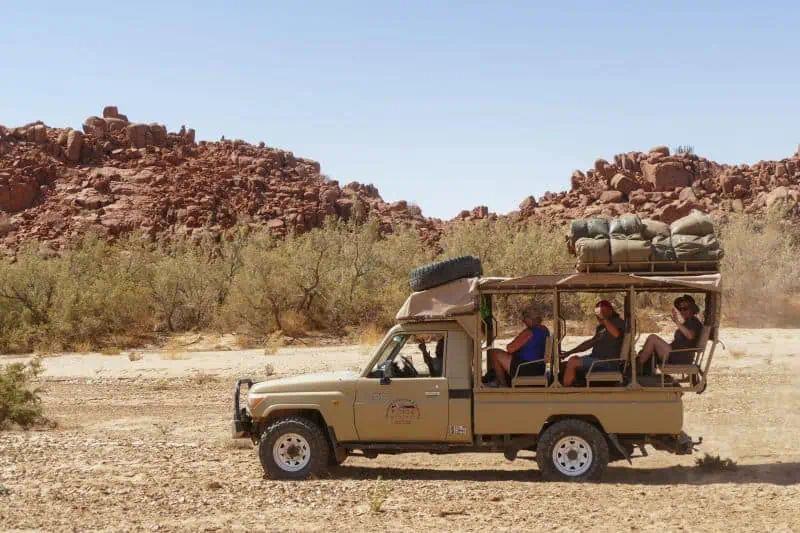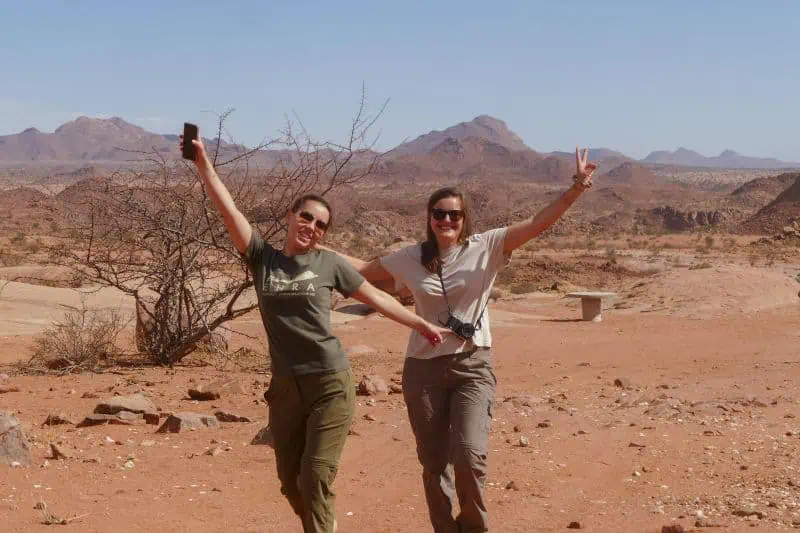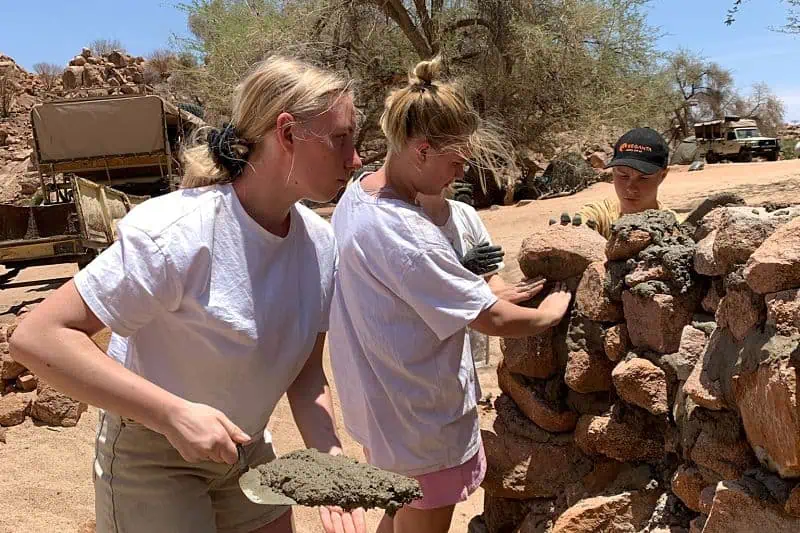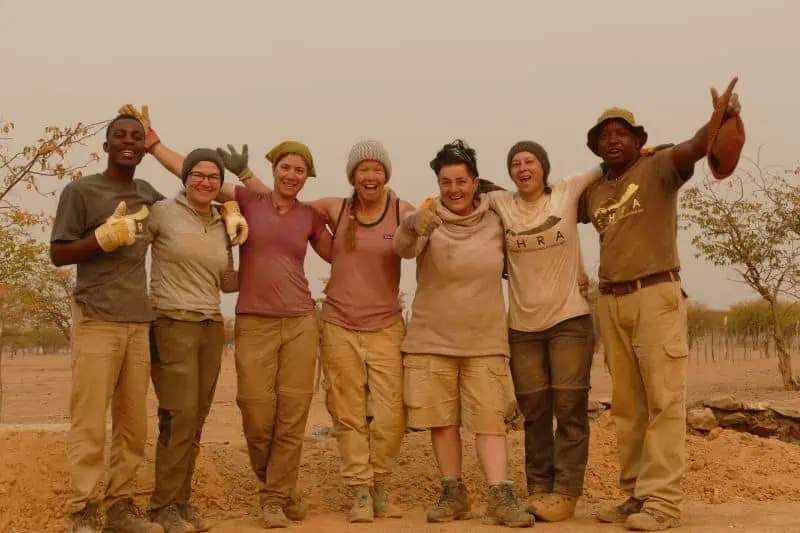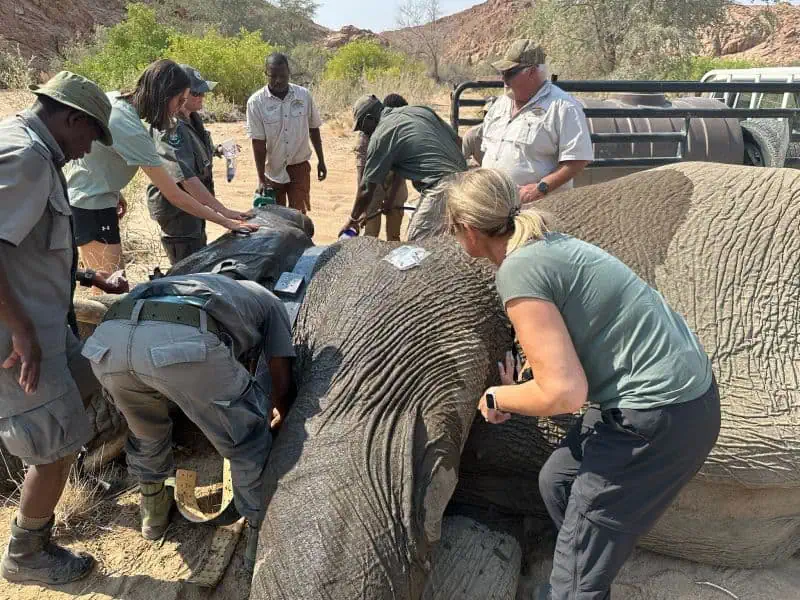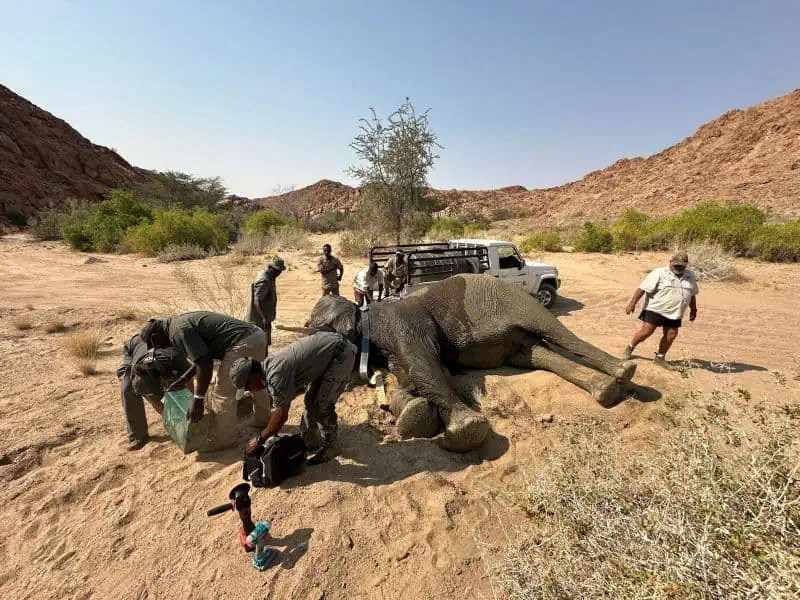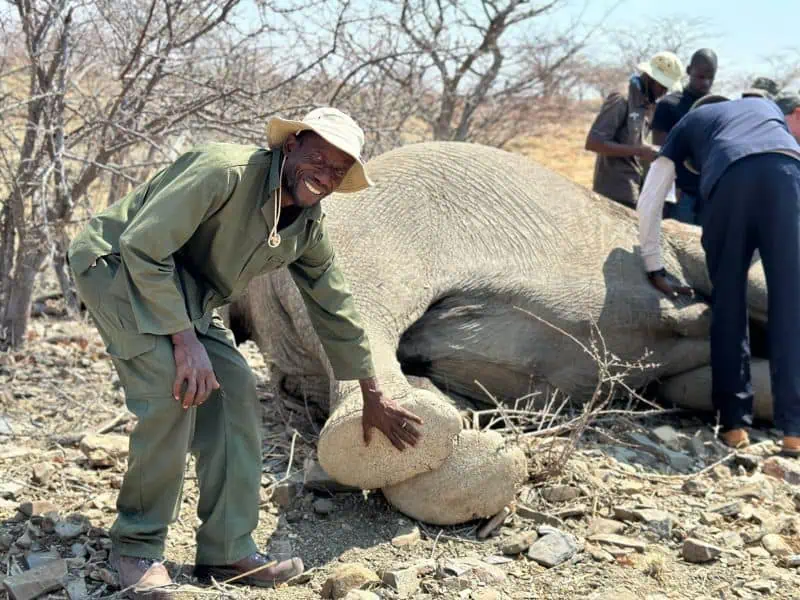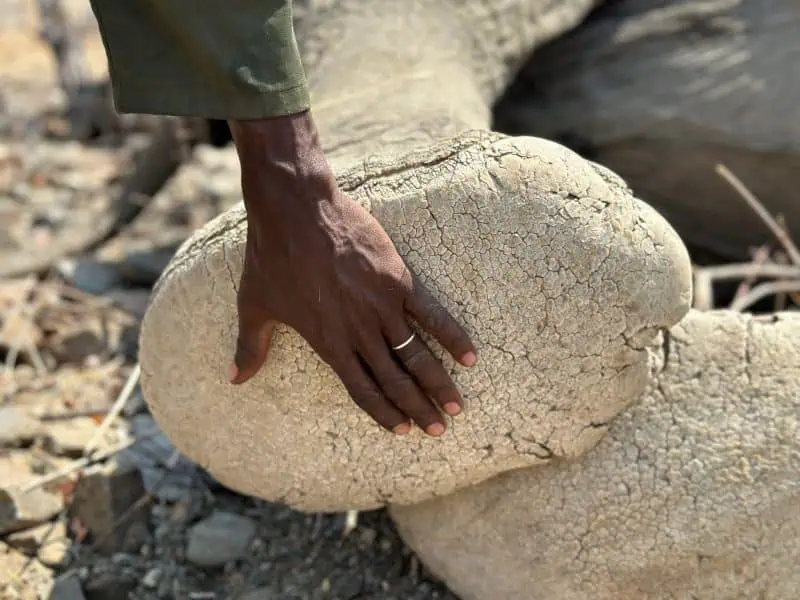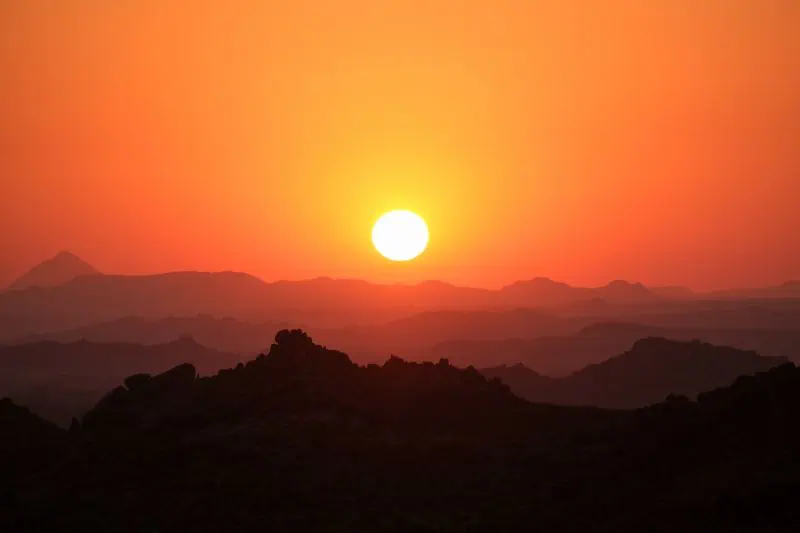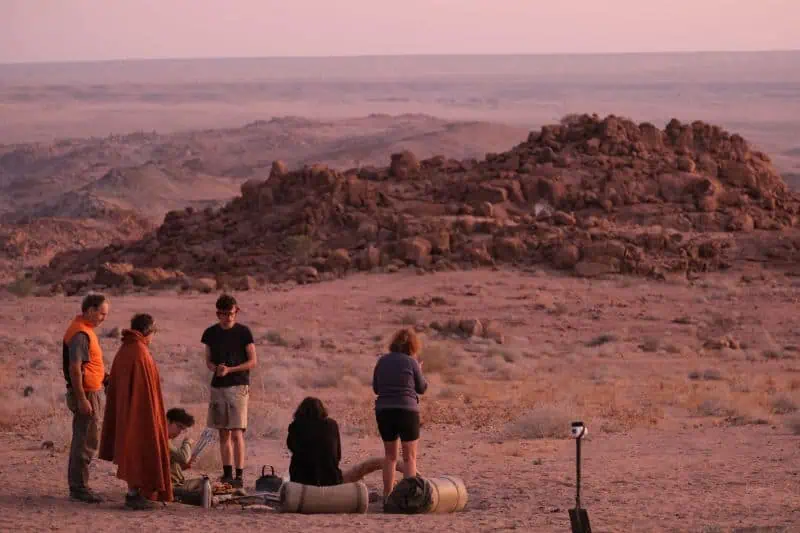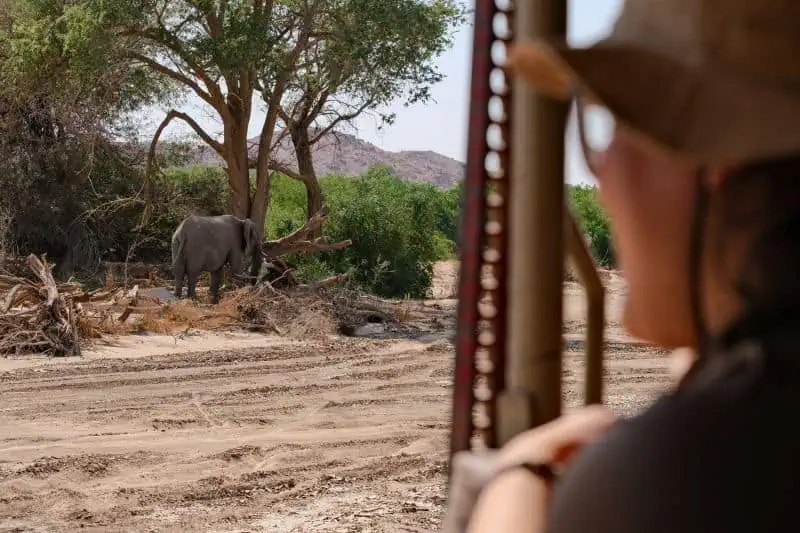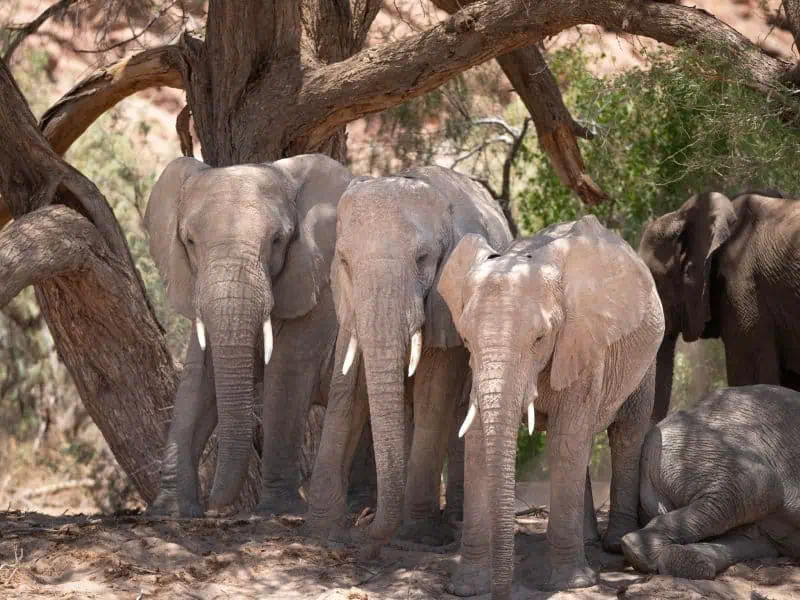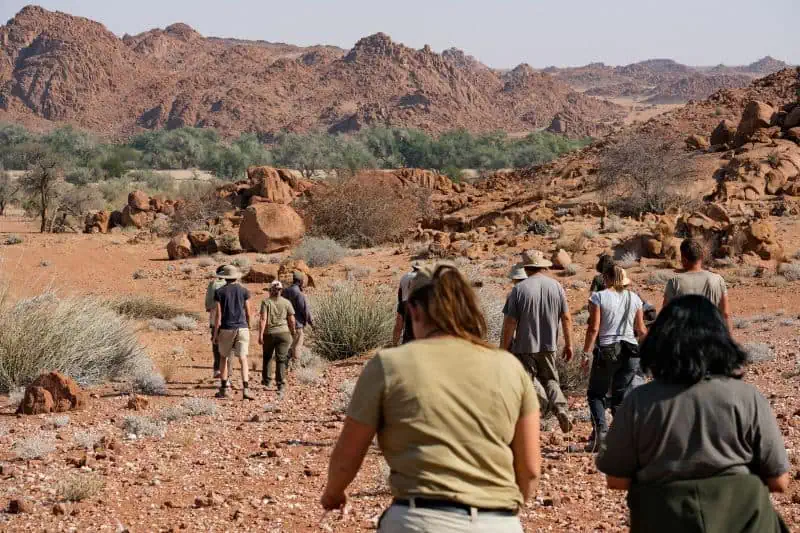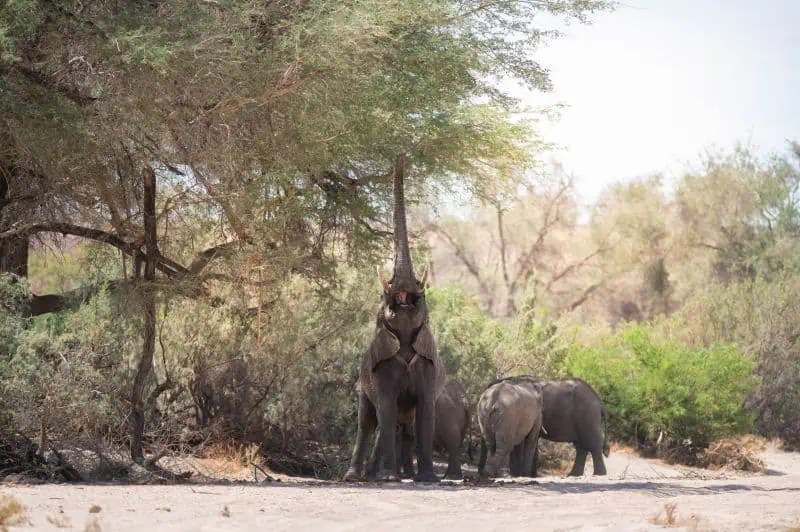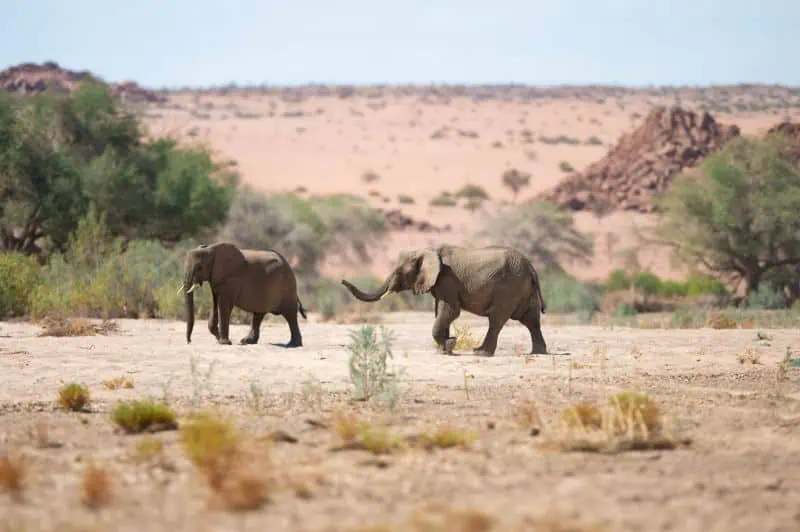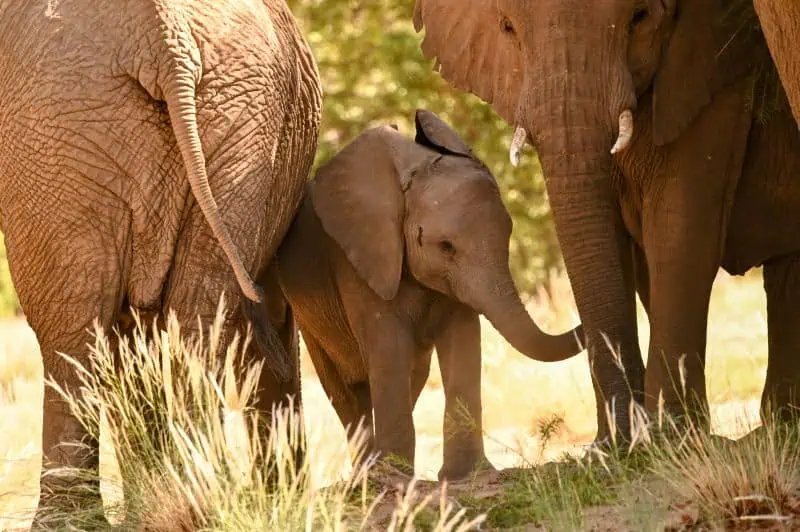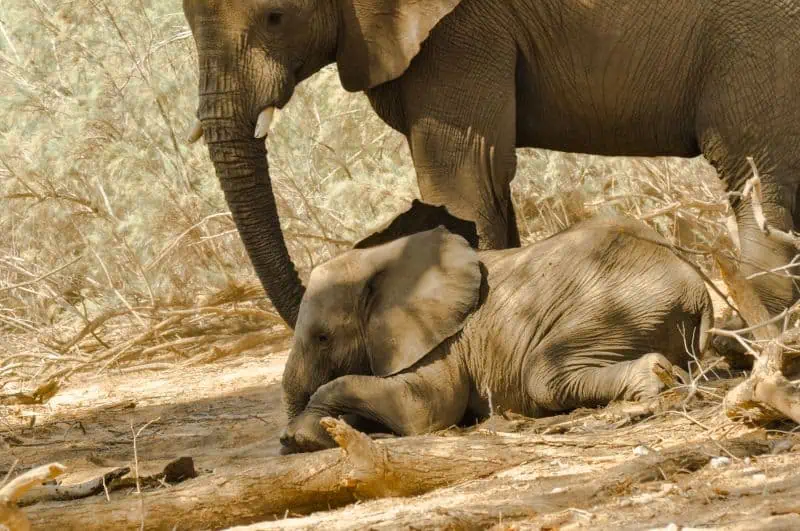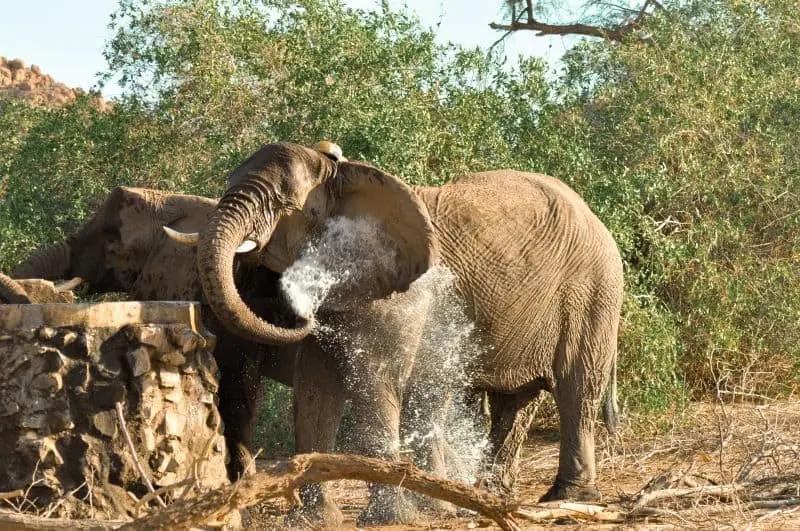Desert Elephant Conservation Volunteer Project
Country
Namibia
Duration
15-84 Days
From
US$1170
Highlights
Join an award winning volunteering project tracking desert elephants and working on a community construction program in Damaraland. Through the Desert Elephant project, volunteers can experience hands-on conservation and have a direct impact on fostering a peaceful relationship between elephants and humans, thereby securing their existence.
Overview
The Desert Elephant project collaborates closely with local communities, engaging in on-the-ground conservation by constructing protective walls. These walls strike a balance: they facilitate water access for Namibia’s desert elephants, while averting potential damage to windmills, water storage facilities, and pumps. Given the recurring droughts that have left the region parched, desert elephants often find themselves in competition with both humans and other animals for water resources, emphasizing the critical need for sustainable solutions.
These remarkable desert elephants, renowned for their daily consumption of up to 160 liters of water, traverse great distances guided by their exceptional sense of smell. When desperation sets in, they might resort to actions such as damaging water pipes or piercing water tanks with their tusks, inadvertently disrupting local water supplies. The solution lies in the protective walls, an immediate response that encourages harmonious coexistence by enabling humans, livestock, and elephants to share water points. With a history of constructing over 220 protective walls since 2003, involving the dedication of more than 3,500 volunteers, the project seeks ongoing support to extend its transformative efforts.
Project area
Swakopmund is a great little town, safe, by the sea, surrounded by sand dunes and with lots of activities to keep you entertained, from skydiving, kayaking, dolphin watching, sand boarding to name a few. There are lots of cafes, interesting shops, restaurants, a few bars and even a cinema! For anyone traveling onwards through Namibia we can also help you to plan your trip and recommend the best agents, car hire, places to stay and see.
The majority of the work that we do is concentrated in the North West region of Namibia, known as the Southern Kunene region, which is considered one of the most stunning areas in the world. Its free-roaming desert elephants are among the most special wildlife you will ever see, and their ability to survive in the harsh conditions of the Namib Desert showcase nature at its best.
Photo Gallery
Enquiries
Excited to join this project? Share your preferred dates, interests, and any specific needs with us!
